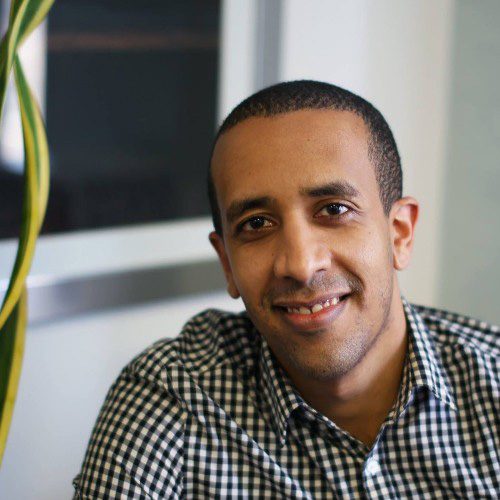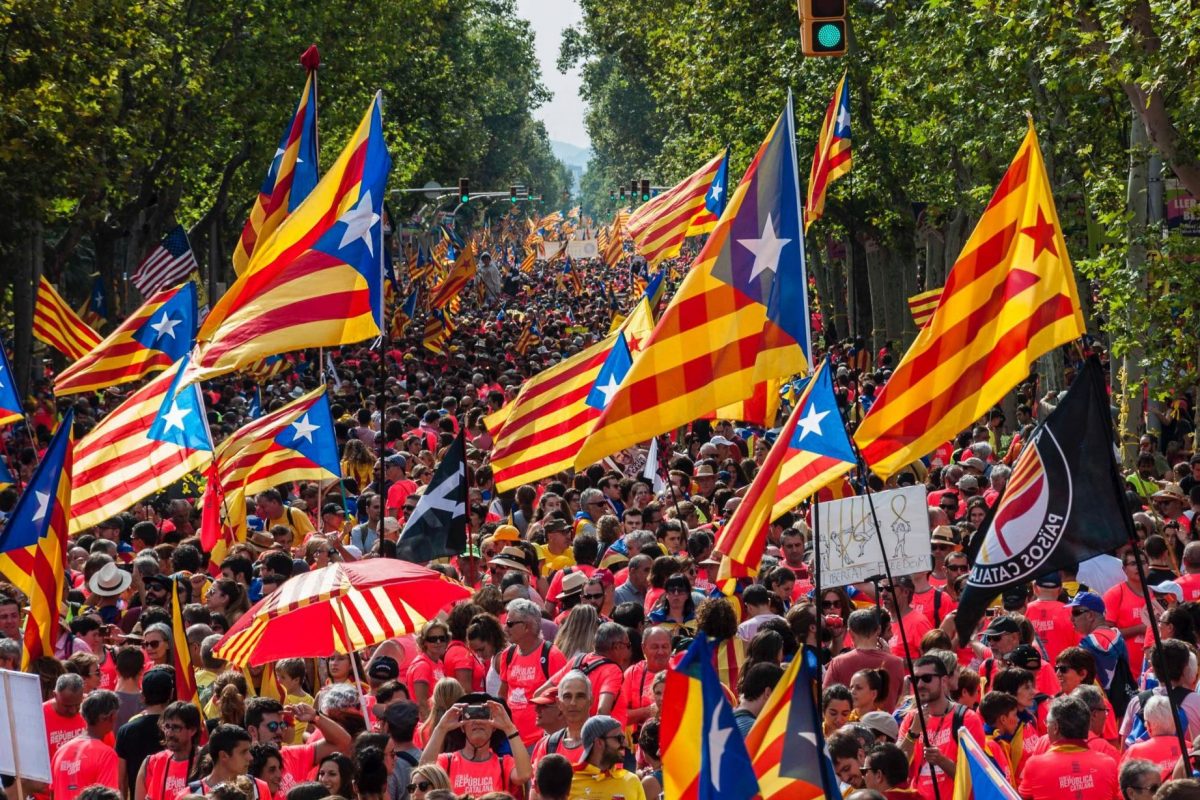Skift Take
Barcelona remains one of the clash points between the tourism sector and locals. Its next tourism chief will need to be a master at community relations.
Barcelona fired its top tourism official, Marian Muro, on September 20, less than two years after the tourism industry veteran was hired as chief executive of the Turisme de Barcelona Consortium with much promise for a city that has been plagued by overtourism. One of the reasons may have been her weak relationship with the city’s community stakeholder body. Barcelona Tourism is responsible for the city’s promotion as a destination.
The dismissal underscores the ongoing fragility of relationships between the tourism industry and local communities, as Skift addressed in a 2022 megatrend “Communities Are No Longer Spectators in Travel.”
Muro served as the consortium’s general director amid the pandemic and oversaw the destination’s recovery. She was appointed as director by the consortium’s general council on February 27, 2020, days before the Covid-19 pandemic hit Spain. She was previously the CEO of Grupo Julià, specializing in passenger transport and tourist services.
“Personally I think there are many reasons, but one of them was that she was really championing the industry and wasn’t taking the city line,” said Guy Bigwood, a Barcelona resident and chief changemaker and CEO of Global Destination Sustainability Movement, which helps destinations adopt sustainable strategies. “I don’t think she did a good job of managing the debate between the industry and the city.”
The relationship was apparently rough between Muro and Barcelona’s Tourism Council and City, which is a civic body made up of residents and city stakeholders from a variety of sectors, provides public forum on tourism matters and provides guidance to the city’s tourism sector. She was not engaged with the council and did not find it useful, according to one anonymous source at Turisme de Barcelona Consortium said. She had a very traditional approach to tourism, one that focused too much on promotion, according to the source.
As tourism makes a strong comeback, tensions between the tourism industry and city stakeholders have risen. Many in the tourism industry feel the city government has been too obstructive. “It’s very political at the moment. There’s a lot of legislation and new laws that have been put in place in these last few years,” Bigwood said. “The tourism sector is saying ‘All you say is no. Madrid is changing. We are not competitive anymore.’“
Tensions between residents and the tourism sector in Barcelona aren’t new. Overtourism has been a historic point of contention in the city and made the Spanish destination a global example of the problem.
Turisme de Barcelona Consortium did not follow up on Skift’s inquiries for comment on the dismissal. In a statement on Muro’s dismissal reported by national travel news outlets, Turisme de Barcelona Consortium said it “wants to open a new stage in which to face the new challenges of the city, such as giving impetus to the digital strategy and reinforcing the international presence.”
The statement also said the consortium seeks to “to update and open new marketing channels , reinforcing the links and complicity between Turisme de Barcelona Consortium, the associative fabric and the citizenry to achieve objectives that are not they are not only necessary, but also shared with all of them.”
Upon her removal, industry stakeholders praised her for her contribution and mourned her removal as a voice in the industry. Some allege the dismissal was political. In a LinkedIn post reshared by Muro, Carlos Hernandez, the director general of travel news site Hosteltur, wrote, “The tourism sector, within in institutions, needs more than ever PROFESSIONALS with a NON-political vision.”
Muro said the removal was due to disagreements between her and Eduard Torres, the president of the executive committee. Turisme de Barcelona Consortium has two governing bodies: the General Council and the Executive Committee.
“I simply had disagreements with the president of the executive committee on the management and objectives of the entity,” Muro told Skift. “I have a very executive profile, I like to move forward and [Torres’] vision is more political than executive.” When asked to elaborate on how his vision was more political, Muro said: ”I don’t know! That’s the problem!”
The Daily Newsletter
Our daily coverage of the global travel industry. Written by editors and analysts from across Skift’s brands.
Have a confidential tip for Skift? Get in touch
Tags: barcelona, destination marketing, local communities, overtourism, spain tourism, sustainability
Photo credit: The National Day of Catalonia celebration on the streets of Barcelona. Eder Pozo Pérez / Unsplash

